Table of Contents
MBBS full form
MBBS’s full form is “Bachelor of Medicine and Bachelor of Surgery”. It is a graduate-level degree in medicine and surgery. It is a professional degree course that is offered by medical colleges in India and abroad. The MBBS course is the most sought-after medical course in India.
The MBBS course duration is five and a half years. It includes a one-year internship program. During the internship program, the student will gain practical experience in the clinical setting. The MBBS course teaches the student about the human body, its organs and systems, diseases, diagnosis, treatment, and prevention.
The MBBS curriculum includes basic and clinical sciences. The basic sciences include Anatomy, Physiology, Biochemistry, Pathology, Microbiology, Pharmacology, and Preventive and Social Medicine. The clinical sciences include Medicine, Surgery, Obstetrics, Gynecology, Pediatrics, Ophthalmology, ENT, Anesthesiology, Radiology, and Psychiatry.
To get admission into an MBBS course, the student will have to clear the competitive entrance examination. The entrance examination is conducted at the state and national levels. The student must also have a higher secondary school certificate with Physics, Chemistry, and Biology as the main subjects.
After completing the MBBS course, the student is awarded the degree and can practice medicine in any part of the world. The MBBS degree also allows the student to pursue post-graduate studies in the medical field.
Apart from being a doctor, the MBBS degree also opens up a lot of other career options such as medical research, teaching, public health, medical journalism, and medical administration. Thus, the MBBS course is a great option for those who are interested in pursuing a career in the medical field.
The MBBS course overview:
MBBS stands for Bachelor of Medicine, Bachelor of Surgery. It is an undergraduate medical degree program that is typically completed over a period of 5 years. The history of MBBS can be traced back to the ancient Greeks who developed the Hippocratic Oath, which is still used today.
The Hippocratic Oath is a set of ethical principles that guide the practice of medicine. During the Renaissance period, the practice of medicine was further developed and formalized. In the 18th century, the first medical school was established in Paris, France.
This school was based on the principles of Hippocratic medicine, and it was here that the modern medical curriculum was developed. During the 19th century, the practice of medicine continued to evolve and the curriculum of medical schools became more standardized.
By the mid-19th century, the study of anatomy, physiology, pathology, and pharmacology were core components of the medical curriculum. In the early 20th century, the first MBBS program was established in India. This program was based on the principles of the British medical system and it quickly became popular among medical students in India.
Since then, the MBBS program has been adopted in many countries around the world. The MBBS program is offered at both undergraduate and graduate levels in the United States. The MBBS program is now considered to be the gold standard in medical education.
It is a rigorous program that combines both theoretical and practical aspects of medicine. Aspiring medical students must complete a number of exams and clinical rotations in order to qualify for the degree. Since its inception, the MBBS program has continued to evolve and adapt to the changing needs of the medical profession. Today, MBBS programs are offered in many countries around the world and are considered the foundation of a successful medical career.

Of Medicine and Bachelor of Surgery is a professional medical degree program. The course duration is five and a half years. It comprises three phases: Pre-Clinical, Para-Clinical, and Clinical.
In the first two years, students study basic medical sciences such as anatomy, physiology, biochemistry, and pharmacology. In the next two years, students study para-clinical subjects such as pathology, microbiology, and forensic medicine.
During the final year, students are placed in hospitals for clinical training. This includes clinical rotations in various departments such as general medicine, general surgery, pediatrics, gynecology, and psychiatry. The MBBS course also includes practical and laboratory sessions.
During these sessions, students get the opportunity to gain hands-on experience in medical procedures, diagnosis, and treatment. Additionally, the course also includes lectures, tutorials, and seminars. At the end of the course, students must pass a final examination known as the MBBS examination.
This is a comprehensive examination that assesses the student’s knowledge and skills. Upon successful completion of the exam, students are awarded the MBBS degree. The MBBS course is designed to equip students with the necessary knowledge and skills to practice medicine. Students learn the basics of medical science, diagnosis, treatment, and patient care.
They also learn about ethics and legal issues related to medical practice. Additionally, the course focuses on developing communication skills, problem-solving abilities, and critical thinking skills. These skills help them to become better doctors.
The curriculum of the MBBS course:
MBBS (Bachelor of Medicine and Bachelor of Surgery) is a five-year full-time undergraduate medical course in India. It is the first stage of medical education, followed by postgraduate studies. The curriculum of the MBBS course includes a combination of theoretical and practical studies.
The first two years of the MBBS course are focused on basic medical sciences. Students are introduced to subjects such as anatomy, biochemistry, physiology, pharmacology, microbiology, pathology, and community medicine.
During this time, students learn about the structure and function of the human body and are taught the principles of diagnosis and treatment of diseases. During the third and fourth years of the MBBS course, students are exposed to a wide range of clinical specialties.
They learn about the diagnosis and management of various medical conditions and the legal, ethical, and communication aspects of practicing medicine.
During this period, students also gain practical experience through clinical rotations in hospitals. The fifth and final year of the MBBS course is dedicated to preparing for postgraduate examinations.
Students are required to complete a research project and take part in elective courses. At the end of the final year, students must pass a final examination in order to receive their MBBS degree.
The MBBS course is rigorous and demanding. Students are expected to develop a comprehensive understanding of medical science in order to become competent and ethical practitioners. The curriculum is designed to ensure that graduates possess the desired knowledge, skills, and attitudes required for successful careers in medicine.
The Eligibility criteria for the MBBS course:
Eligibility Criteria for MBBS Course:
1. Academic Qualification: Candidates must have passed 10+2 or its equivalent with Physics, Chemistry, Biology, and English as the core subjects from a recognized board or university.
2. Age Limit: Candidates must be at least 17 years old on the 31st of December of the year of admission.
3. Entrance Exam: Candidates must have cleared the National Eligibility Entrance Test (NEET) or any other entrance test conducted by the respective university or state.
4. Minimum Marks: Candidates must secure a minimum of 50% marks in aggregate in the qualifying examination.
5. Physical Fitness: Candidates must be medically fit and have undergone a medical examination to prove their fitness for the course.
6. Background Check: Candidates must provide a character certificate from their school or college, which the head of the institute should countersign.
These are the basic eligibility criteria that must be fulfilled in order to be eligible for the MBBS course. Candidates should also check the eligibility criteria of the institute they are applying to as they may have additional criteria.
The Educational qualification for the MBBS course:
The educational qualification for the MBBS course is that the candidate must have completed 10+2 from a recognized Board/University with Physics, Chemistry, and Biology as the main subjects. A minimum aggregate score of at least 50% in Physics, Chemistry, and Biology is mandatory for admission to the MBBS course.
The candidate must also have cleared the National Eligibility and Entrance Test (NEET) conducted by the National Testing Agency (NTA). The NEET exam is conducted twice a year and the candidate must score at least the minimum required percentile to qualify for the MBBS course.
Apart from the educational qualifications, the candidate must also fulfill the minimum age criterion. The candidate must be at least 17 years of age at the time of admission to the MBBS course. Additionally, the candidate must also be medically fit and must have a valid medical certificate from a registered medical practitioner.
The Admission process for the MBBS course:
Admission to the MBBS course is granted through a competitive entrance examination like the National Eligibility cum Entrance Test (NEET). It is conducted by the National Testing Agency (NTA) for admission to undergraduate medical courses offered by the government or private medical colleges in India.
The NEET exam consists of 180 multiple-choice questions from Physics, Chemistry, and Biology (Botany and Zoology). The duration of the exam is three hours. There is a negative marking for every wrong answer, with 1/4th of the assigned marks deducted for each wrong response.
Candidates must secure a minimum of 50% aggregate marks in their 10+2 examination to be eligible to appear for NEET. The NEET score is used to rank the candidates and to prepare a merit list of the applicants. The merit list is then used to allot medical college seats during the counseling process. Candidates must provide their choices of college and course, and the allotment of seats is based on availability and preferences. After the seat is allotted, the candidate must pay the admission fee and submit all the required documents.
The documents that must be submitted include the NEET Admit Card, Scorecard, 10th standard mark sheet, 12th standard mark sheet, Transfer Certificate, Passport size photograph, and Identity proof. Once all the documents have been submitted, and the admission fee is paid, the candidate is eligible to take admission to the MBBS course.
The Entrance examination for the MBBS course:
The entrance examination for the MBBS course is conducted by various state and national-level universities and colleges. The examination is usually conducted in May/June and the results are declared in the month of July/August.
The entrance examination consists of two parts: the written examination and the interview. The written examination is held in two parts- the first consists of Multiple Choice Questions (MCQs), and the second is the subjective questions. The written examination tests the candidate’s knowledge in the subjects of Physics, Chemistry, and Biology.
The MCQs are designed to test the candidate’s knowledge in the above-mentioned subjects. The interview is the second part of the entrance examination and it is conducted by the college/university.
The interviewers assess the candidate’s communication skills, confidence, and general awareness of the medical field. The interviewers may also ask questions related to the candidate’s interest in the field of medicine.
The marks obtained in the written examination and the interview are taken into account for the final selection of the candidate. The marks of the entrance examination are also taken into consideration for the admission process of the MBBS course. The entrance examination is an integral part of the MBBS course and it is the first step for the candidates to enter the medical field.
The entrance examination is designed to test the candidate’s knowledge in the field of medicine and to assess their communication skills and general awareness.
The counseling process for the MBBS course:
The counseling process for the MBBS course is the process through which students can get admission to the medical college. It involves a series of steps that need to be taken by the students and the respective authorities in order to secure a seat in a college.
The first step of the counseling process is for the student to apply for the course. This is done by filling out the application form and submitting it to the relevant authorities. The applicant will also have to provide all the necessary documents required for the admission process.
The second step is for the student to appear for the entrance examination. The universities and colleges conduct this examination to check the eligibility of the candidate for the course. Candidates who score the minimum marks required for admission will be considered for the counseling process.
The third step is for the university or college to shortlist the candidates for counseling. This is done based on their entrance exam scores and other relevant factors.
The fourth step is for the student to attend the counseling session. This is usually conducted by the college authorities and is attended by the students and their parents. The student will be asked several questions to assess their aptitude and knowledge of the subject.
The fifth step is for the student to select the college and the course. This is done after the counseling session, and the student can choose the college and course that best suits their needs and requirements.
The sixth and final step is for the student to confirm their admission by submitting the required documents. Once the documents are submitted, the student can officially enroll in the college and start their MBBS course.
The counseling process for the MBBS course is an essential part of securing admission to a medical college. It is important to follow all the steps properly so that the student is able to get the desired college and course.
The benefits of pursuing an MBBS course:
MBBS is one of the most sought-after courses in India and is one of the most rewarding and challenging medical fields. MBBS stands for Bachelor of Medicine and Bachelor of Surgery and it is a postgraduate medical course.
It is a five and half year course that includes one year of internship. Pursuing MBBS has several benefits. One of the main benefits of pursuing an MBBS is that it gives you a chance to become a physician and make a difference in the lives of your patients.
MBBS also gives you a chance to make a good salary and build a successful career. The course also allows you to specialize in a particular field of medicine, such as pediatrics, oncology, or neurology.
Another benefit of pursuing an MBBS is that it gives you a chance to develop your knowledge and skills in the medical field. You will be exposed to a variety of medical topics and practices that will help you gain an understanding of the human body and its functioning.
You will also be taught the fundamentals of medical ethics and learn to provide ethical healthcare to your patients. Pursuing MBBS also gives you a chance to build strong relationships with your patients. You will be able to build trust with your patients and guide them through their medical journey.
This is a great way to help people and make a difference in their lives. Finally, pursuing MBBS also gives you a chance to become a part of the medical community. You will be able to interact with other medical professionals and learn from them.
You will also be able to attend conferences and seminars to stay up-to-date with the latest trends in medicine. In conclusion, pursuing MBBS is a rewarding and challenging experience that comes with a lot of benefits.
It gives you a chance to become a physician and make a difference in the lives of your patients, gain knowledge and skills in the medical field, build strong relationships with your patients, and become a part of the medical community.
The successful completion of the MBBS course marks the end of an important milestone in a student’s life. MBBS degrees are highly valued and recognized all over the world. After completing the MBBS course, the student can practice medicine and register with the relevant medical councils.
A student graduating from the MBBS course is expected to know the fundamentals of medical science and possess the necessary clinical and communication skills to practice medicine. The student should be able to diagnose and treat illnesses, as well as identify and prevent diseases.
Upon successful completion of the MBBS course, the student is eligible to pursue higher education, conduct research, and specialize in a particular field. Post-graduation courses in medicine, such as MD and MS, require the student to complete an MBBS degree first.
The MBBS degree also opens the door to a wide range of career opportunities in the medical field such as a medical officer, doctor, surgeon, health specialist, medical researcher, and teacher. The successful completion of the MBBS course is the beginning of a long and successful journey in the field of medicine. It is a matter of pride and joy for the student and their family.
The FAQ for the MBBS course:
Q1. What is MBBS?
Answer: MBBS (Bachelor of Medicine and Bachelor of Surgery) is a medical degree awarded after completion of a five-and-a-half-year degree program in medicine, including four-and-a-half years of study in the medical college and one year of internship in a hospital.
Q2. What are the eligibility criteria for MBBS?
Answer: The eligibility criteria for the MBBS course are as follows:
• Candidates must have passed 10+2 or its equivalent examination with Physics, Chemistry, and Biology as main subjects and must have obtained a minimum of 50% marks in aggregate.
• Candidates must have completed the age of 17 years at the time of admission or will complete the age on or before 31st December of the year of admission.
Q3. What is the duration of the MBBS course?
Answer: The duration of the MBBS course is five-and-a-half years. It includes four-and-a-half years of study in the medical college and one year of internship in a hospital.
Q4. What are the job opportunities after MBBS?
Answer: After completing an MBBS degree, one can pursue a career in clinical practice, teaching, public health, clinical research, drug administration, and many other fields.
Q5. What is the scope of MBBS abroad?
Answer: MBBS has a good scope abroad for those who want to pursue a career in medicine outside India. The MBBS degree from a foreign university is recognized by the Medical Council of India.
The students can practice medicine in India after completing the MBBS degree from abroad.
Also, read the station master’s salary



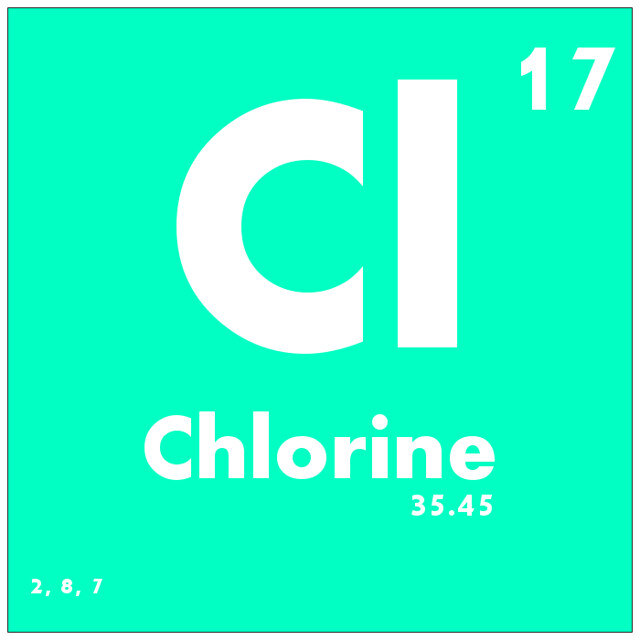



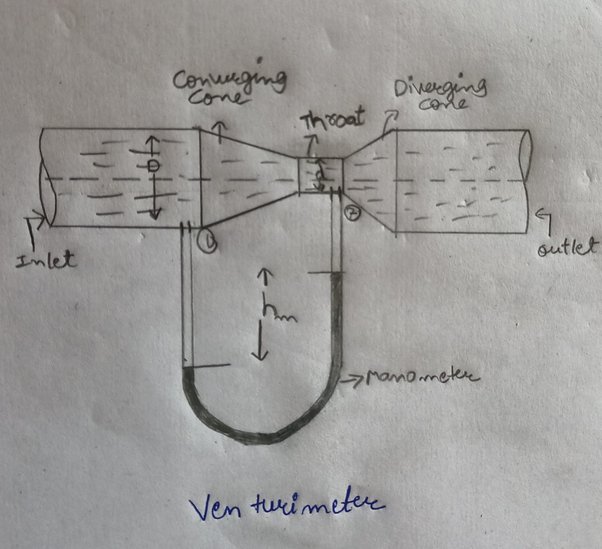
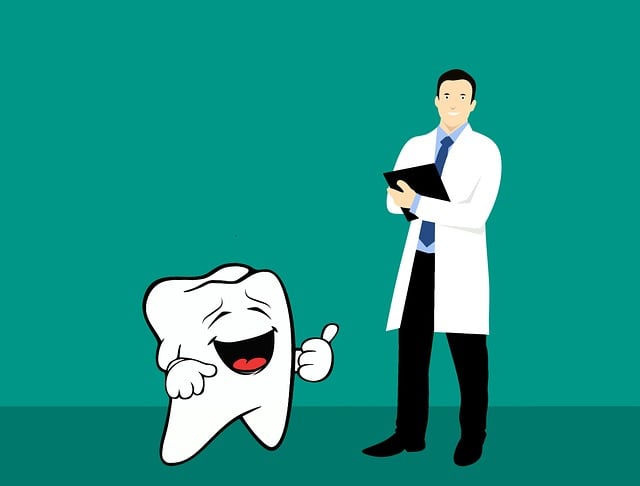






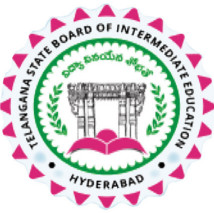






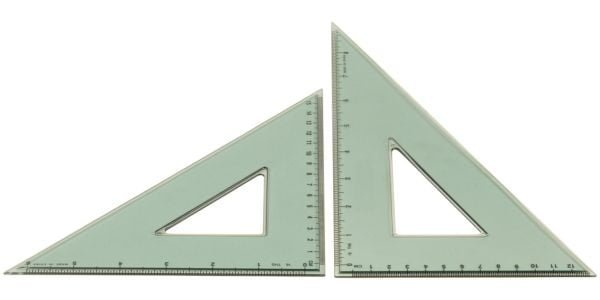
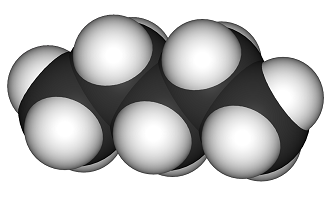





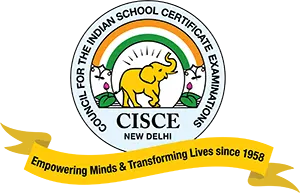


Comments on “MBBS full form – Bachelor of Medicine & Bachelor of Surgery”
Comments are closed.